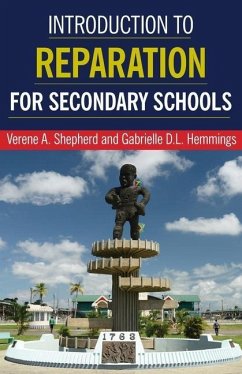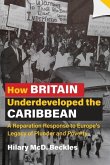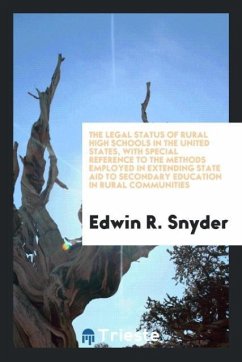No study of Caribbean history can be complete without an examination and appreciation of the topic of reparation. The opposition to reparation by former colonial powers and others, though, means that the demand for it is an ongoing struggle. Reparation, however, is the final link required to close the circle which began with two of the worst crimes in human history (indigenous genocide and chattel slavery) and must end with atonement and restitution by the perpetrators on the one hand, and redemption for the descendants of the victims on the other. Otherwise, there can be no true peace. As reggae singer Peter Tosh declared, "Everyone is crying out for peace, no one is crying out for justice. . . . I need equal rights and justice."








